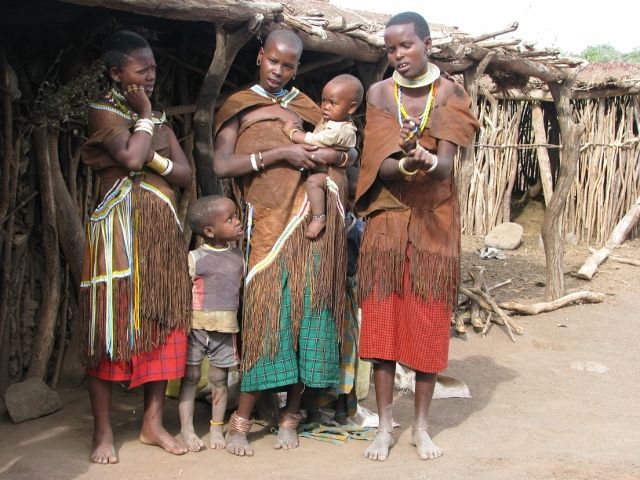The Nyamwezi tribe is one of the largest ethnic groups in Tanzania. They are primarily located in the central region of Tanzania, particularly in the Singida and Tabora regions. The Nyamwezi people have a rich cultural heritage, and their history and way of life are fascinating to explore.
The origin of the Nyamwezi people is not clear, but they are believed to have migrated to Tanzania from the eastern part of the Congo in the 18th century. They were originally divided into smaller groups, but over time, they merged to form a larger community. The Nyamwezi people were known for their trading activities, which allowed them to establish relationships with neighboring tribes and communities.

The Nyamwezi people have a rich and diverse culture that is expressed in various forms, including their language, music, dance, and food. The Nyamwezi language is one of the most widely spoken Bantu languages in Tanzania and is characterized by its tonal nature.
Music and dance are also essential parts of the Nyamwezi culture. They have traditional instruments such as the drum, which is used in traditional dances. The Nyamwezi people also have a unique style of dance that is characterized by its fast-paced movements and rhythm.
Food is an essential part of the Nyamwezi culture, and they have a unique cuisine that is based on their agricultural practices. They grow a variety of crops, including maize, beans, and cassava, which are used to make traditional dishes such as ugali (maize meal) and wali (rice).
The Nyamwezi people are primarily farmers, and they practice subsistence agriculture as their primary source of livelihood. They grow crops such as maize, beans, and cassava, which are used for both domestic consumption and for sale in local markets. The Nyamwezi people also practice pastoralism, and they keep livestock such as cattle, goats, and sheep.
The Nyamwezi people are also known for their skilled craftsmanship, particularly in the areas of woodcarving and basket weaving. They produce traditional wooden carvings such as stools, bowls, and figurines, which are used for both practical and decorative purposes. They also weave baskets and mats from local materials such as sisal and palm leaves.
The Nyamwezi people have a strong sense of community and are known for their social cohesion. They have a hierarchical social structure, with chiefs and elders playing an important role in decision-making and conflict resolution. The Nyamwezi people are also deeply religious, with a majority of them practicing a form of traditional religion that is characterized by ancestor worship.